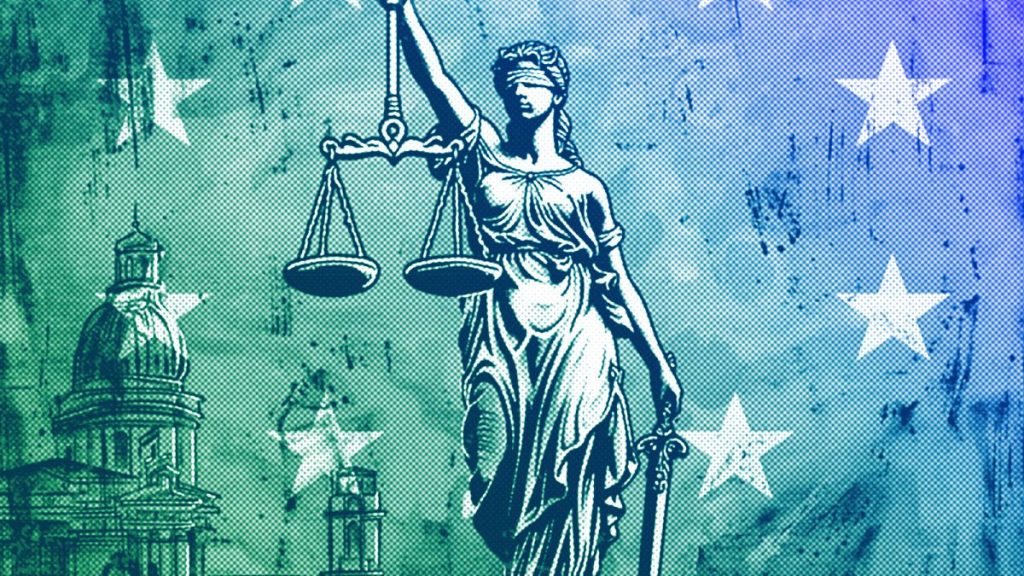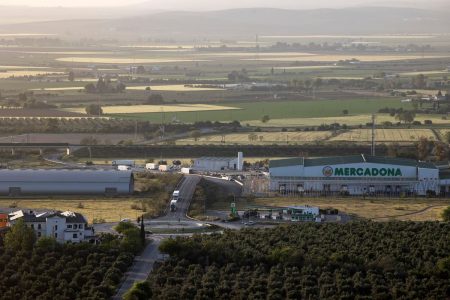The article discusses the deteriorating situation of the rule of law across the EU, posing serious threats to democratic institutions and freedoms. The authors emphasize the importance of the rule of law in a free and democratic society, highlighting the need for leaders to follow the same rules as everyone else. They warn that the combination of declining democratic standards and the rise of far-right parties in Europe could further weaken the democratic foundation, as evidenced by rule of law violations observed across the EU in Liberties’ Rule of Law Report 2024.
The report identifies a trend of governments disregarding democratic oversight, with varying levels of threat to democracy in different countries. In established democracies like Belgium, France, Germany, and the Netherlands, violations have not posed an existential threat to democracy but have included restrictions on activists and surveillance abuse during protests. However, the accumulation of rule of law breaches in countries like Greece and Italy risks snowballing into systemic issues, with Hungary and Slovakia facing intentional dismantling of democratic structures to consolidate power.
Over the years, Liberties has witnessed a steady downward trajectory of democracy in Europe, with governments deliberately disregarding rule of law principles, even in countries with strong democratic records. Small breaches, such as the misuse of emergency measures to push through legislation in France or refusal to comply with court decisions in Belgium, can erode democratic structures over time. The authors point out that failing to address such backsliding by well-intentioned governments can normalize it, making it difficult to reverse under extremist governments.
The authors highlight the need for the EU to take action to protect the rule of law, using tools like the rule of law conditionality mechanism and systemic infringement proceedings. They propose utilizing EU legislation like the European Media Freedom Act, the Anti-SLAPP Directive, and the AI Act to improve the rule of law situation and prevent isolated violations from becoming systemic issues. They stress that democracy is vulnerable to bad actors but that a robust rule of law is essential in protecting its weaknesses while preserving its democratic nature.
In conclusion, the authors urge the EU not to sit idly by in the face of threats to democracy and the rule of law. They call for strong oversight of member states’ adherence to EU regulations and the proactive use of existing tools to safeguard democracy. The article emphasizes that democracy can only thrive when those in power adhere to the same rules as everyone else, and protecting the rule of law is crucial in preserving democracy’s essential nature.
















